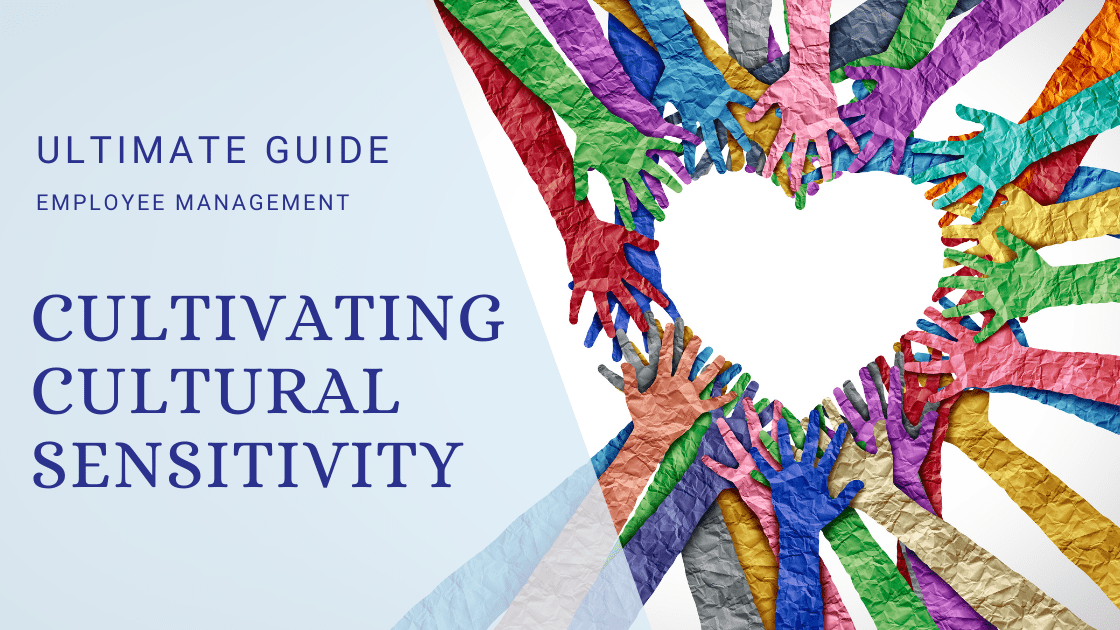Home » Educational Resources » Post-hire Resources » Cultivating Cultural Sensitivity in Nanny-Family Relationships

In today’s interconnected world, families often find themselves embracing cultural diversity within their homes, especially when it comes to hiring nannies from different cultural backgrounds. Nurturing a harmonious relationship between families and their nannies requires a commitment to cultural sensitivity and understanding. Hiring a nanny from a different country can be a great opportunity to introduce cultures to your children and promote cultural awareness with a nanny. In this blog, we’ll explore valuable tips on promoting cultural awareness to foster positive and enriching nanny-family relationships.
Open Communication
Communication is the foundation of any strong relationship, and it becomes even more crucial when working with a nanny from a different cultural background. Establish an open line of communication from the beginning, encouraging your nanny to share their cultural experiences, customs, and preferences. Equally, take the time to express your family’s values, routines, and expectations. This sets the stage for mutual understanding and respect.
Cultural Training and Orientation
Consider providing cultural training or orientation sessions to both your family and your nanny. This can include discussions about traditions, holidays, and cultural nuances. By investing time in educating each other, you lay the groundwork for a more inclusive and supportive environment. Attend cultural events together, visit local places of significance, and celebrate festivals to enhance mutual understanding.
Respect for Traditions and Customs
Cultural sensitivity involves acknowledging and respecting the traditions and customs that are important to your nanny. Be mindful of religious practices, dietary restrictions, and other cultural observances. Create a working environment that accommodates these aspects, ensuring your nanny feels valued and supported in practicing their beliefs.
Flexibility and Adaptability
Cultural differences may manifest in various aspects of daily life, such as meal preferences, childcare practices, or communication styles. Foster an environment of flexibility and adaptability, where both parties are open to learning and adjusting. Be willing to compromise on certain aspects while maintaining a balance that aligns with the best interests of the child and the needs of the family. Promote cultural awareness with a nanny.
Celebrate Diversity
Actively celebrate the diversity within your home. Encourage the sharing of cultural stories, songs, and experiences with the children. Displaying cultural artifacts and literature in your home creates an inclusive environment fostering a sense of pride in one’s heritage. While working with a nanny from a different country, embrace diversity. You not only enrich the children’s worldview but also create a more positive and accepting atmosphere for everyone involved.
Regular Check-ins
Schedule regular check-ins to discuss any concerns, questions, or suggestions related to cultural dynamics. This ongoing dialogue allows both the family and the nanny to address potential issues proactively and find collaborative solutions. It also demonstrates a commitment to maintaining a healthy and supportive working relationship.
Summary
Cultivating cultural sensitivity in nanny-family relationships is a continuous process that requires genuine effort and commitment from all parties involved. Foster open communication, provide cultural training, respect traditions, embrace flexibility, celebrate diversity, and conduct regular check-ins. Families can create a nurturing environment where everyone feels valued and understood. Promoting cultural awareness with a nanny can lay the foundation for a positive and enriching experience for both the nanny and the children under their care.
Key Takeaways
- Open Communication is Key: Establishing transparent communication channels from the start encourages a mutual sharing of cultural perspectives, fostering understanding and trust between families and nannies.
- Cultural Training Fosters Inclusivity: Investing in cultural training sessions for both families and nannies promotes awareness, educates on diverse traditions, and sets the stage for a harmonious and inclusive environment.
- Respect for Diversity Drives Harmony: Acknowledging and respecting the cultural traditions and customs of your nanny creates a supportive atmosphere, reinforcing the value of diversity within the home.
Ready to find your perfect Nanny?
We conduct a custom search for your family. Start your search today by filling out the family application.
Related articles:
Home » Educational Resources » Post-hire Resources » Cultivating Cultural Sensitivity in Nanny-Family Relationships

